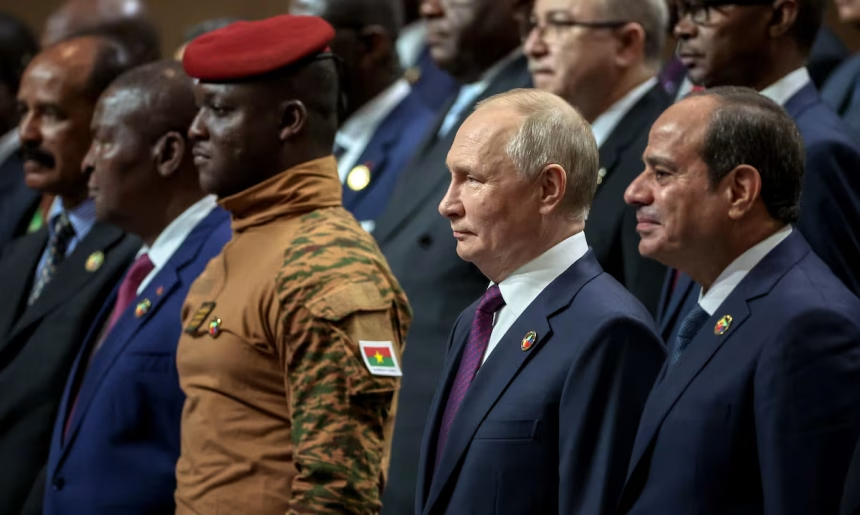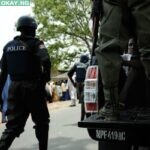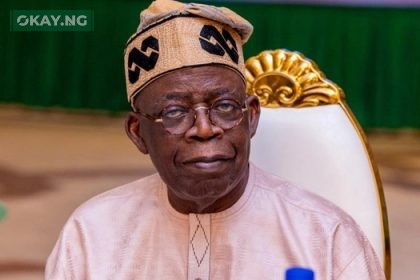Moscow has solidified its commitment to bolstering the military capabilities of the Sahel Alliance, a coalition formed by the military governments of Mali, Burkina Faso, and Niger. This development, confirmed by a joint statement following meetings between Russian Foreign Minister Sergei Lavrov and the alliance’s foreign ministers in Moscow, signals a significant shift in the region’s security landscape.
The alliance, formed in the wake of recent coups, has actively sought to distance itself from Western influence, notably expelling French and other Western forces. Instead, they have turned to Russia, particularly the Wagner mercenary group, for military support. This strategic pivot has also included a withdrawal from the Economic Community of West African States (ECOWAS), further isolating the nations within the broader regional framework.
“Russia voiced ‘unwavering support’ for the joint force announced in January,” the joint statement revealed, highlighting Moscow’s intent to play a pivotal role in the region. The commitment includes facilitating the acquisition of “major and high-performance military equipment and appropriate training” for the planned 5,000-strong regional force. Furthermore, Russia has expressed readiness “to provide the necessary technical assistance,” though specific details regarding the nature and extent of this assistance remain undisclosed.
The context of this military pact is critical. The Sahel region has been grappling with a devastating jihadist insurgency, originating in Mali in 2012, that has since spread across the vast, largely rural terrain south of the Sahara. This insurgency has resulted in the deaths of thousands of civilians and the displacement of millions, creating a humanitarian crisis of immense proportions.
Read Also: Sahel Alliance Unveils Flag, Passport, and Troop Force Amid Regional Shift
The alliance’s decision to seek Russian support raises serious concerns about the potential escalation of conflict and the long-term implications for regional stability. Critics argue that the influx of Russian military equipment and personnel, particularly the Wagner group, could exacerbate existing tensions and undermine efforts to achieve lasting peace.
The region’s security crisis is not merely a military issue; it is deeply intertwined with political instability, economic hardship, and social grievances. The commitment of Russia to supply arms and training could potentially escalate the violence, making it more challenging to find a long lasting peaceful solution.
The international community is closely monitoring the situation, with concerns mounting over the potential for increased human rights abuses and the further destabilization of an already fragile region. The lack of transparency surrounding the agreements between Russia and the Sahel Alliance further fuels these concerns.
Millions of people are caught in the crossfire, facing displacement, hunger, and violence. The focus must remain on finding sustainable solutions that prioritize the needs and well-being of the affected populations.
The future of the Sahel region hangs in the balance, and the decisions made in Moscow will have profound consequences for years to come.













